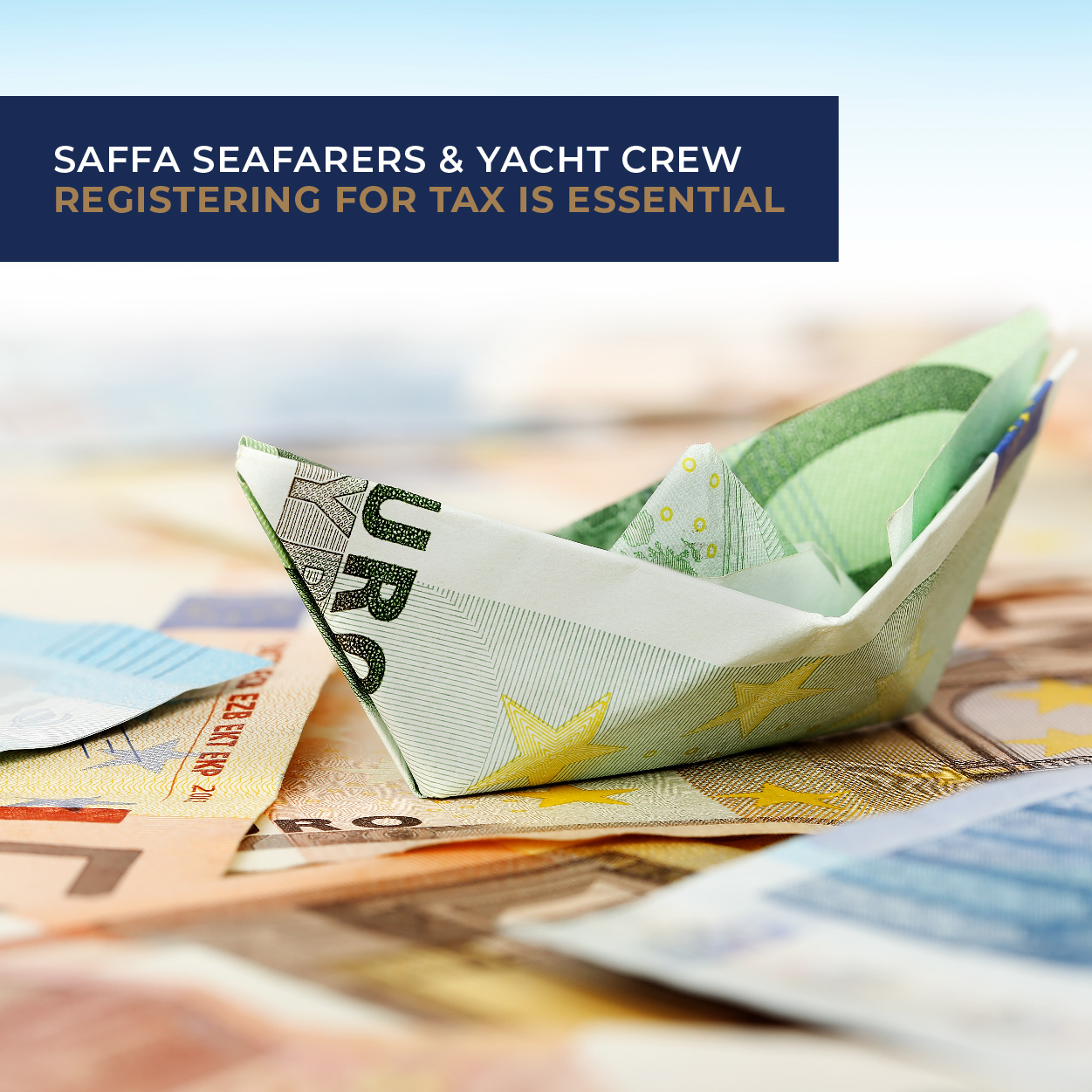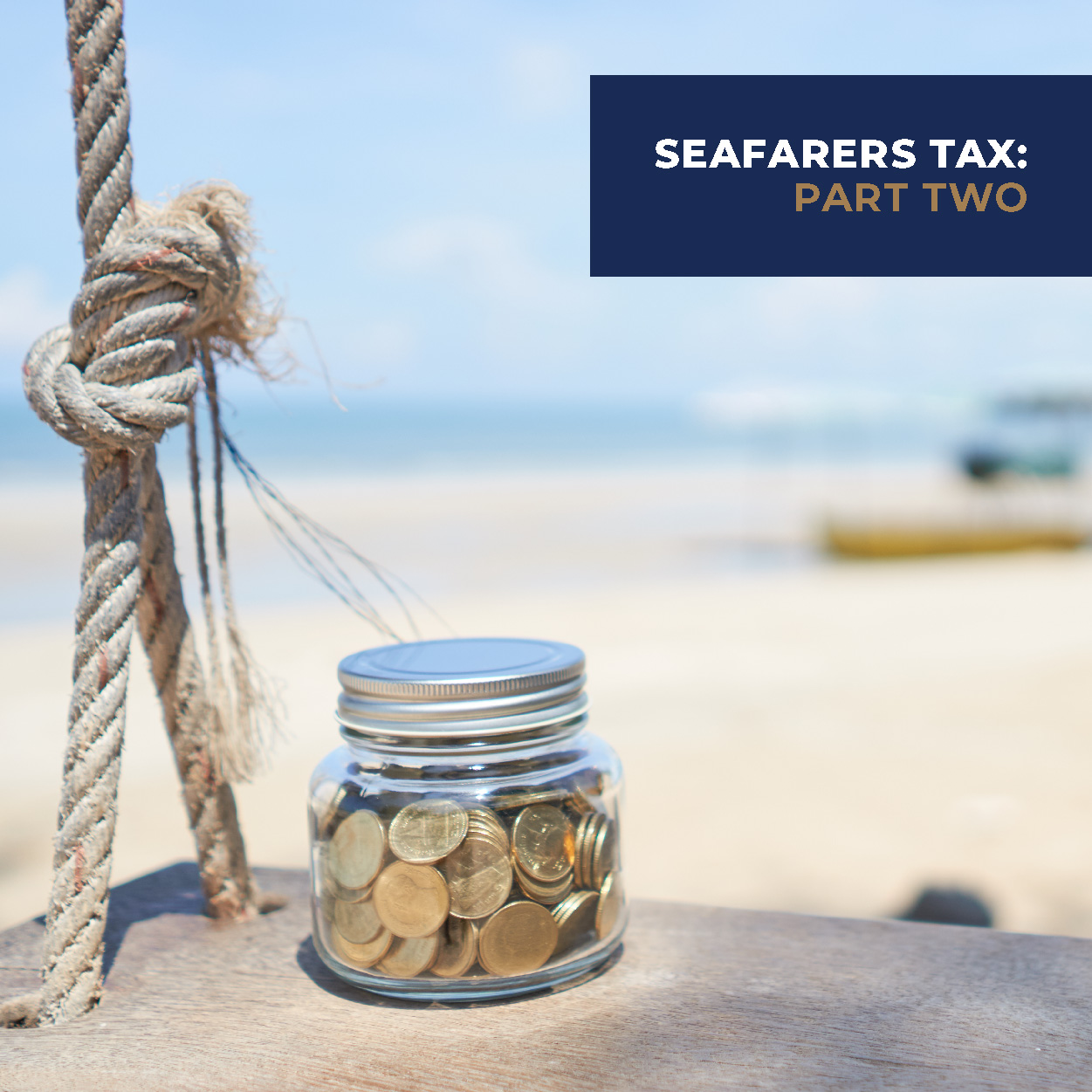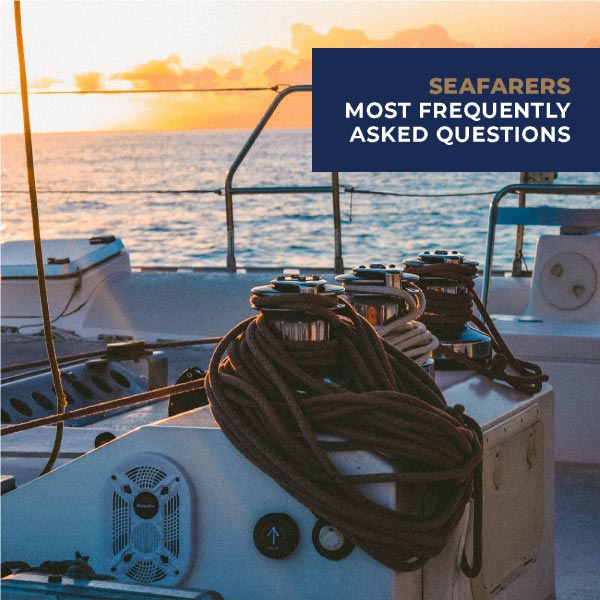SAFFA SEAFARERS & YACHT CREW REGISTERING FOR TAX IS ESSENTIAL
With all the uncertainty around the change in the foreign employment exemption taking effect from 1 March 2020, more and more people are realising that they need to take care of their taxes more diligently.
One of the biggest issues which has surfaced is that many seafarers are not even registered for tax in South Africa, yet they have remaining assets in South Africa to include shares, trusts, properties and policies as well as resident bank account/s, says Lauren Norton of Trilogy Luxury Training. If one has assets in South Africa they need to be registered for tax and need to declare all foreign earned income as well as South African sourced income. Earning income aboard a vessel in international waters and having that income exempt based on meeting the requirements of the various exemptions applicable, does not mean that one does not need to declare that income.
Donné Trump of Seafarers Global, states, “It is imperative that as long as you are a South African tax resident or have income or assets in South Africa, you must be registered for tax. As a tax resident, your worldwide income must be declared to SARS and seafarers have their very own exemptions in place, to ensure they acquire the relevant tax relief.”
How to Register for Tax
To register for a tax number with SARS, one needs to have the following information and supporting documents at hand:
- Proof of residence – locally or abroad;
- ID or passport copy; and
- If one holds a SA bank account, a bank statement.
One would need to go to a SARS branch to register or instruct a tax practitioner with power of attorney to do the registration – this is most useful for those who are spending all their time offshore. SARS also provides some helpful advice on this on their website, as to the options taxpayers can take: https://www.sars.gov.za/ClientSegments/Individuals/How-Register-Tax/Pages/default.aspx
No Penalties for Registering
There seems to be a dangerous myth, especially amongst seafarers, that if one registers for tax they may automatically be subject to fines or penalties. This myth is one of the biggest factors why there is rife non-compliance in the seafarer market, and which myth must be dispelled as it will likely be more harmful in the long run.
Donné goes on to state that, “When registering for tax, one will be seen as a new registrant and will have a date of liability from date of registration. From this date going forward, the taxpayer will need to file tax returns, depending on their tax residency status, either on worldwide income or merely South African sourced income.”
Solution
The longer one is non-compliant, the higher the chances this will impact the taxpayer negatively. Thus, if one meets the requirements to be registered for tax in SA, this should be done without fail or delay. Once this is done, the profile must be kept compliant, with the correct income being declared annually.




